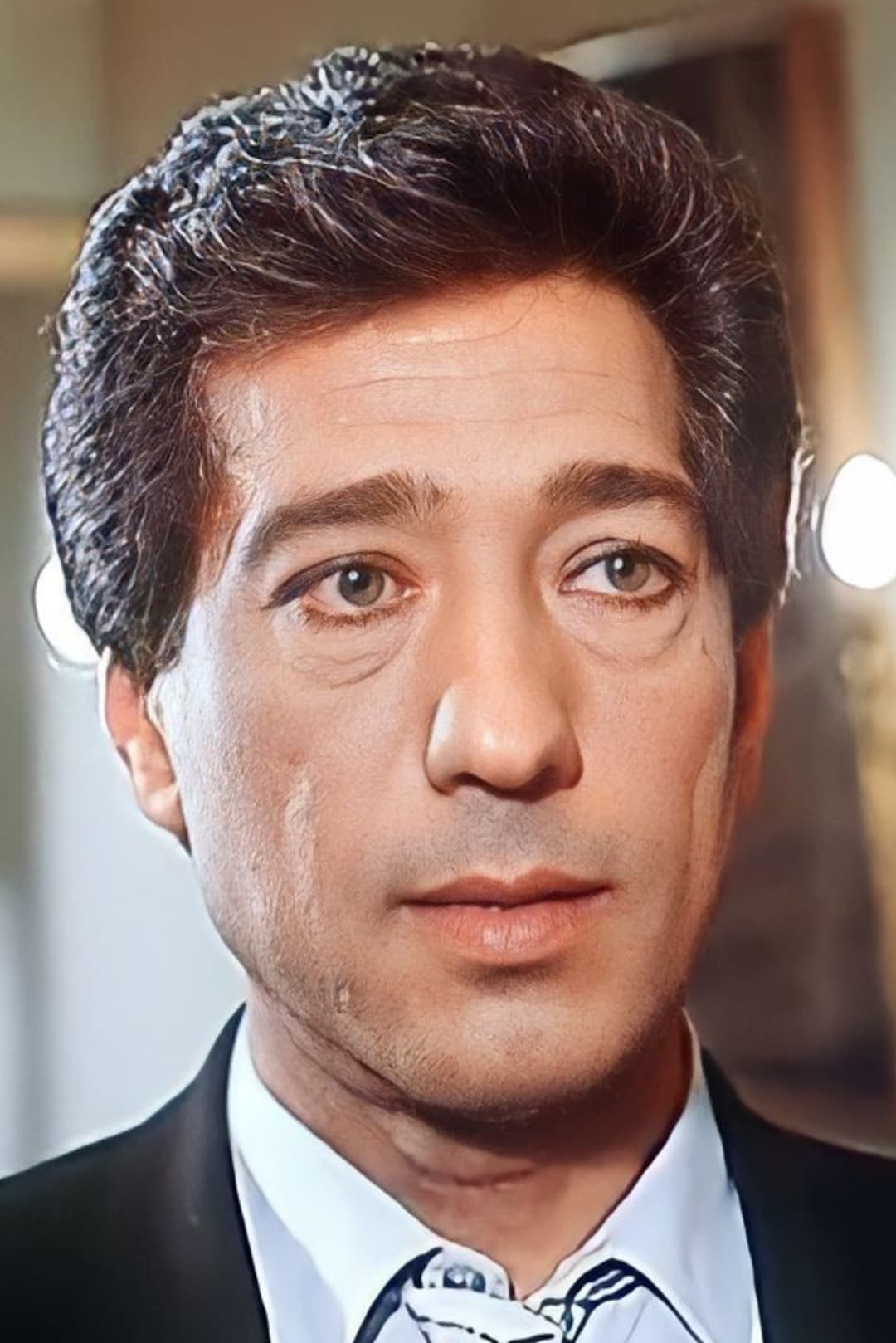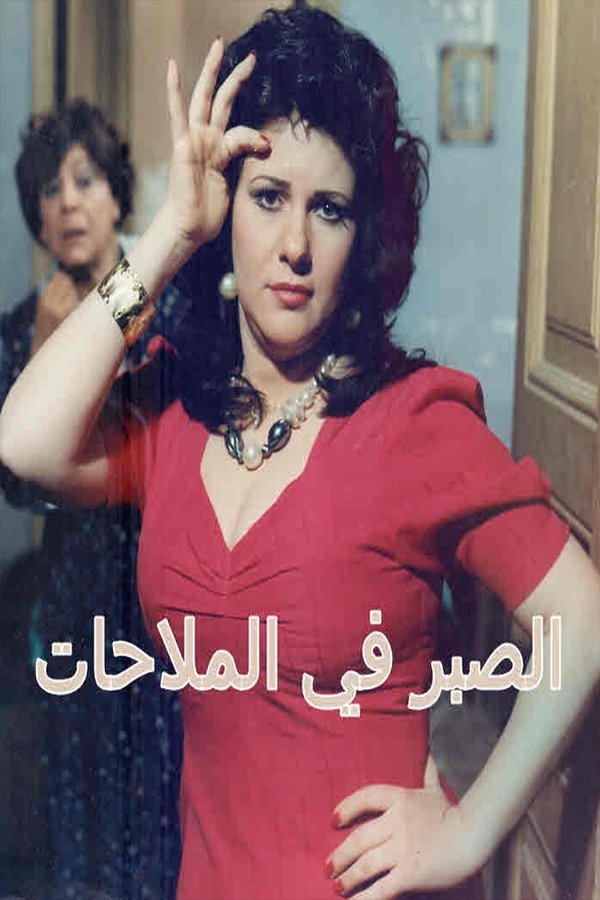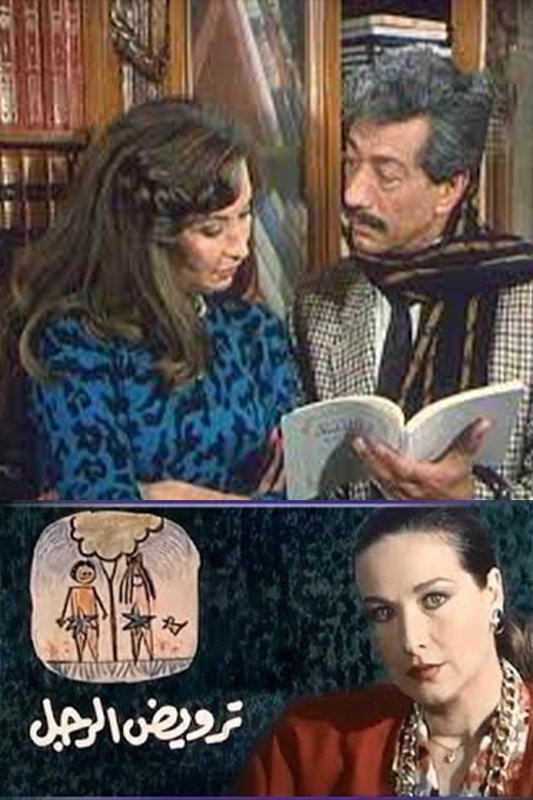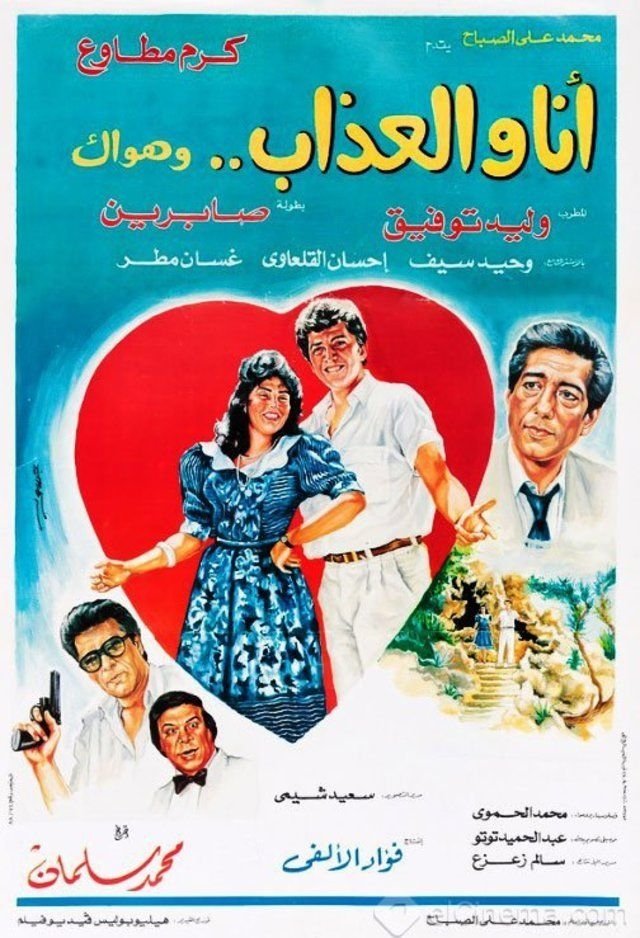

An Egyptian theater director and actor. He joined the Higher Institute of Theatrical Arts during his studies at the Faculty of Law. He studied at the National Academy of Dramatic Arts in Rome for five years. He presented numerous plays, some of which he directed and others starred in, including Hamlet, Rosewood and Scheherazade. He's known for the films El-Mansy (1993), Sayed Darwish (1966), and the TV series A Different Woman (1984), and Arabesque (1994). In addition to being a professor at the Institute of Dramatic Arts, he also was the director of the Pocket Theatre and director of the National Theater and Lyrical Theatre. He traveled to the United states for treatment from liver cancer, with his ex-wife and life companion, Soheir El Morshedi by his side, after which he returned to Egypt where he died on 9 December 1996.


The series follows the life of Hassan, an old chivalrous...


Anti-Narcotics Police Captain Nadia Azmi tries to prove her ability...

